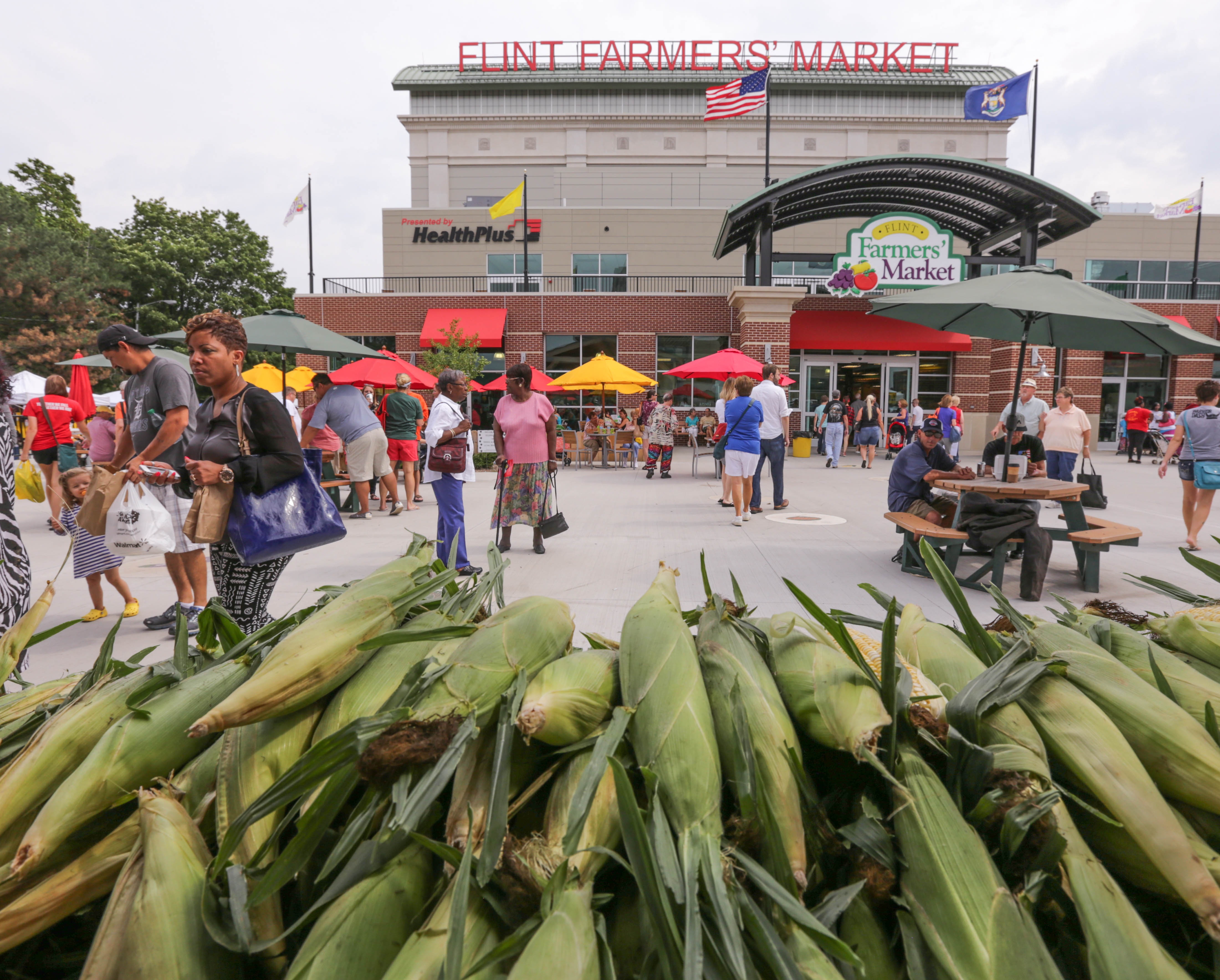New Resources for Local Food Systems Planning

Food systems planning is becoming an ever-more important topic in our communities.
Food is a basic need that many take for granted, yet growing a robust local food system can strengthen communities by improving quality of life and helping to meet a variety of environmental, economic, and social goals. Food systems policies and programs can address topics from farmland preservation to community garden establishment, from agritourism to urban farmers markets, and from food-based entrepreneurialism and small-business startups to providing fresh, healthy food to those in need.
There are several approaches and tools available to help communities tackle food systems planning issues. One new resource targeted at planners and local governments in particular is the Planning and Policy Briefs series from the Growing Food Connections project. APA has partnered with the University at Buffalo, American Farmland Trust, Cultivating Healthy Places, and Ohio State University in this USDA-funded effort, which aims to build local government capacity for food systems planning to enhance food security for all.
The six papers in the Planning and Policy Brief Series will highlight promising planning and policy strategies used by local governments across North America to strengthen their communities' food systems by promoting agricultural viability and healthy food access. Two of the briefing papers are already available.

Flint Farmers' Market is helping to bring better food access to many people living in the city. Vendors accept SNAP benefits and other state-run food matching programs, and all of the food is locally sourced from Michigan growers. Photo courtesy Flint Farmers' Market.
Local, Healthy Food Procurement Policies
The first brief in the series, "Local, Healthy Food Procurement Policies" looks at how local governments can support local food systems, augment demand for locally produced and healthy food, and improve the availability of healthy foods by adopting food procurement policies that make strong statements for both local and healthy food.
Take inspiration from policies ranging from that of Linn County, Iowa, whose local food procurement policy lists most- to least-preferred sources for locally, sustainably, and seasonally produced food, to those of New York City, where City Agency Food Standards establish overall nutrition standards and sustainable sourcing recommendations for the 260 million meals and snacks served each year by city agency facilities and programs.
Learn from the programmatic approaches taken by cities such as Seattle, where the Farm to Table Partnership program connects the city's child care and senior meal sites with locally grown food and supports affordable fresh produce distributions for families in need.
Incentives for Selling Healthy and Local Food
"Incentivizing the Sale of Healthy and Local Food," the second brief, explores the policies, programs, and projects being developed by local governments to help overcome accessibility and economic barriers to healthy, local food consumption by creating incentives for the sale of healthy and local food for all residents. Read about how to increase access to affordable, healthy foods through supporting the development of new grocery stores in low-income neighborhoods, as does the District of Columbia's FEED Act of 2010, or by promoting more healthy, local foods in corner stores throughout cities, as have Healthy Corner Store programs in Minneapolis, Denver, and Philadelphia.
Learn about how local governments can increase access to local produce for low-income residents, from offering one-to-one matches for SNAP dollars spent at farmers markets through programs such as the Market Match program of Lawrence-Douglas County, Kansas, to funding free CSA shares for food-insecure families as in the Minnesota Region 5's Choose Health program.
Find out about crafting new regulations that help promote new farmers markets in more diverse areas within communities, as did San Jose with its Small Certified Farmers Market permit and Vancouver, British Columbia, with regulations supporting the pocket/community food market concept.
Top image: D-Town Farm vendor booth at the Wayne State University Farmers Market in Detroit. Photo by Michigan Municipal League (CC BY-NC-ND 2.0).


